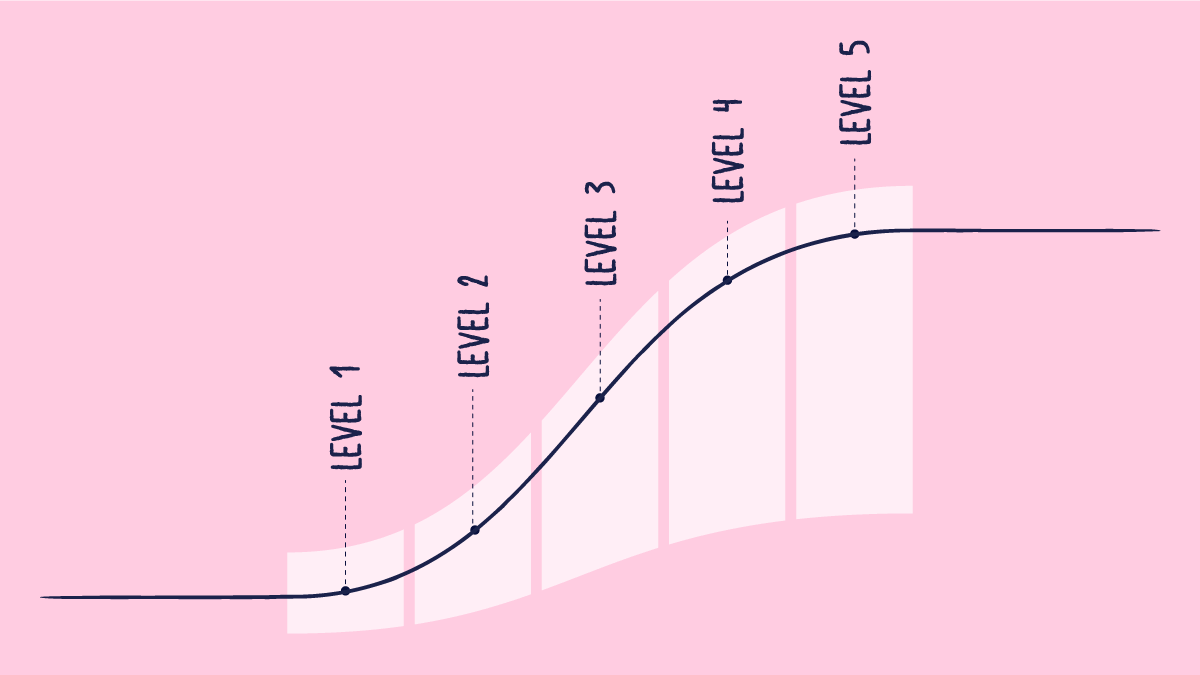Clinical trial
What is a clinical trial?
The World Health Organization defines a clinical trial as ‘any research study that prospectively assigns human participants or groups of humans to one or more health-related interventions to evaluate the effects on health outcomes’. Clinical trials aim to answer specific questions about the safety or effectiveness of drugs, vaccines, other therapies, or new ways of using existing treatments.
Clinical trials protocol
The clinical trial protocol is a document that describes how a clinical trial will be executed. The Clinical Trial Protocol should contain detailed information as follows:
- Eligibility criteria of participants
- Number of participants to be involved in the study
- Dosage form
- Dosage strength
- Dosage frequency
- Statistical design
- Length of the study
- Inclusion of control groups or placebo groups to limit study bias
- Types of assessments to be conducted on samples
- Sample collection technique
- Number of samples to be collected
- Informed consent
Researchers analyze past pharmacological information of the prospective drug candidate to estimate the number of participants, participant eligibility, participant diversity, dosage form, dosage strength, dosage frequency, etc.
Ethical clearance
Ethical clearance of the clinical trial protocol is critical to ensure adherence to ethical practices while executing the clinical trial experiments. Ethical clearance ensures that participant rights are protected and well-informed. In some countries, it is a legal requirement that Independent Ethics Committees (IECs) or Institutional Review Boards (IRBs) review the trial protocol, research design, and methods to verify that they align with ethical standards and regulatory requirements. All clinical trials involving human participants must follow the ethical standards described in documents such as the Declaration of Helsinki, providing informed consent, participant protection, and ethical behavior.
Phases of clinical trials for a new drug
The clinical trials for a new drug are conducted in four phases which are discussed below:
- Phase 1: Primarily focuses on the safety, and dosage of the new drug; and involves 20-100 healthy volunteers or patients. Phase 1 takes several months to complete; about 70% of the new drugs pass on to the next phase.
- Phase 2: The specific purpose of phase 2 is to test the efficacy and potential side effects of the drug within several hundred patients. It may take up to 2 years and approximately 33% of the drugs move to phase 3.
- Phase 3: Test a large group of volunteers (around 300-3000) with a disease or condition for the effectiveness of the drug and monitor its adverse reactions. It is a lengthy phase, requires around 1-4 years to finish, and 25-30% of the drugs progress to the final phase.
- Phase 4: Involves post-marketing studies that are done after a drug or treatment is approved for use by the FDA, and provide additional details such as the risks, benefits, and best use of the treatment or drug.
Stages of clinical trials for medical devices
In contrast to drugs, medical device clinical trials are categorized into stages as follows:
- Feasibility studies: Initial studies to assess basic safety, functionality, and usability of a nearly finished device in a small group of 20-30 subjects. May involve healthy volunteers or patients.
- Pivotal studies (clinical validation): Larger-scale studies contain hundreds of patients to confirm safety, efficacy, and usability.
- Post-market surveillance studies: Conducted after the device is on the market to continuously monitor its safety and performance in real-world settings.
Participants
It is the duty of the physicians working on behalf of the sponsor to ensure that the participants have comprehensive information about the study before consenting to participate. The sponsor should also protect the confidentiality of the personal and medical data of the participants to follow legal mandates such as GDPR. Depending on the nature of the study, clinical trials target specific age groups, including pediatric, adult, or geriatric populations and diverse populations across different genders and ethnicities.
Regulations for clinical trials
- FDA Regulations: Code of Federal Regulations (CFR) Title 21: Part 312 outlines requirements for investigational new drug applications (INDs), covering the conduct of clinical trials, safety reporting, and responsibilities of sponsors and investigators. Part 812 addresses requirements for Investigational Device Exemptions (IDEs), detailing procedures for conducting clinical investigations of medical devices.
- ICH Guidelines (International Conference on Harmonisation): ICH E6, Good Clinical Practice (GCP) guidelines provide internationally recognized standards for conducting clinical trials, emphasizing ethical principles, trial design, conduct, and documentation.
- European Medicines Agency (EMA): EMA regulations No 536/2014 ensure harmonization of the rules for conducting clinical trials throughout the EU. It introduces an authorization procedure based on a single submission via a single EU portal, an assessment procedure leading to a single decision, rules on the protection of subjects and informed consent, and transparency requirements.
- European Union Medical Device Regulation (MDR): MDR outlines regulations for conducting clinical investigations of medical devices within the EU, emphasizing safety, performance, and clinical evaluation requirements.
- ISO Standards (International Organization for Standardization): ISO 14155 provides guidelines for conducting clinical investigations of medical devices, ensuring compliance with international standards.
- Independent Ethical Committees (IECs) or Institutional Review Boards (IRBs): They are the independent bodies ensuring that research investigations, including clinical trials, adhere to ethical norms while also protecting participants' rights, safety, and well-being.
Conclusion
Clinical trials play a crucial role in demonstrating the safety and effectiveness of health-related interventions. Without clinical trials, it would be difficult to establish whether a new treatment or drug is effective in treating a particular condition or disease. However, it's important to note that commercialization of a health-related intervention is only possible if the benefits of the intervention outweigh its risks. This is why clinical trials are designed to carefully evaluate both the therapeutic effects and adverse effects of the intervention.
Since clinical trials involve human subjects, it's imperative that the sponsors of the trials prioritize transparency and ethical practices throughout the trial process. This includes fully informing participants of the risks and benefits of the intervention, ensuring that participants are fully aware of their rights and are treated with dignity and respect, and taking necessary precautions to protect their safety and well-being. By doing so, sponsors can ensure that their clinical trials are conducted in a responsible and ethical manner.
Additional resources

How to Implement the Continuous Improvement Cycle | Scilife
Even an organization with stellar leadership and a solid core of employees experiences hiccups from time to time. Despite having assembled all the ...

How to assess and enhance your Quality Management Maturity | Scilife
As the life sciences industry becomes increasingly regulated and competitive, quality management has become more vital than ever. Are you confident ...

Best Quality Management Software (QMS) for Life Sciences | Scilife
The right electronic Quality Management System (eQMS) can help strengthen your compliance processes and build a culture of quality within your ...

How to write a good quality plan for medical devices | Scilife
In life sciences, especially if you’re in the medical device industry it becomes harder to manage projects in accordance with your company’s quality ...
Turn quality into your brightest asset with Scilife
